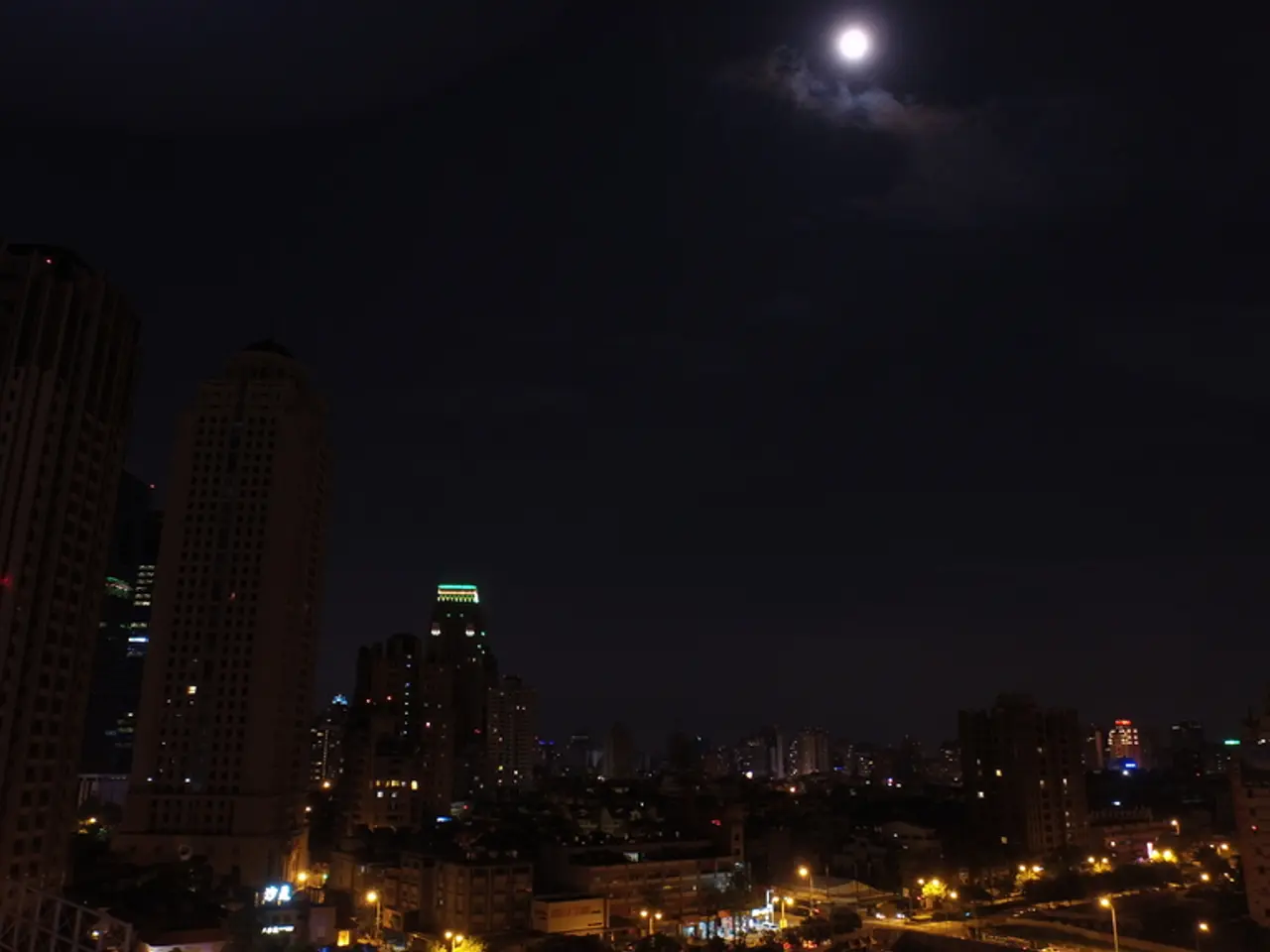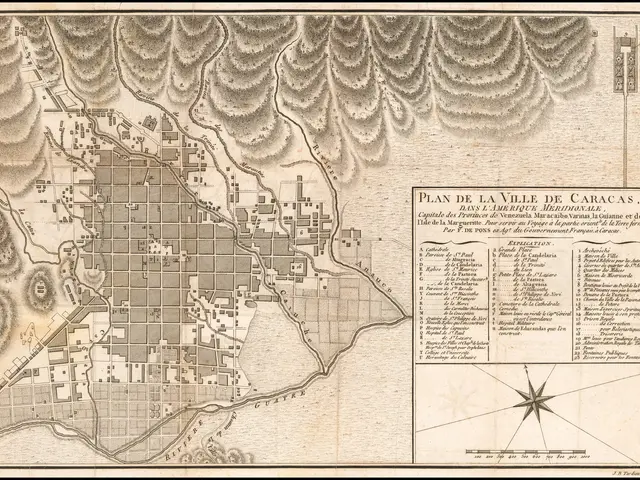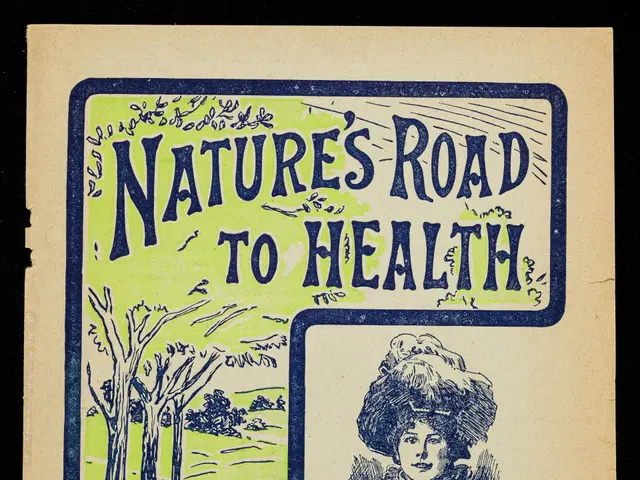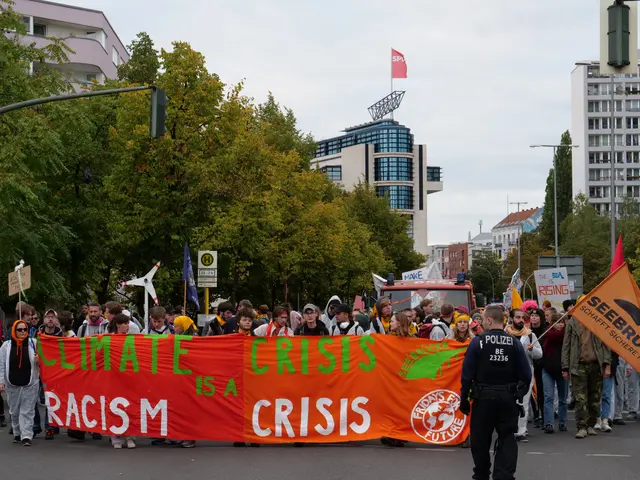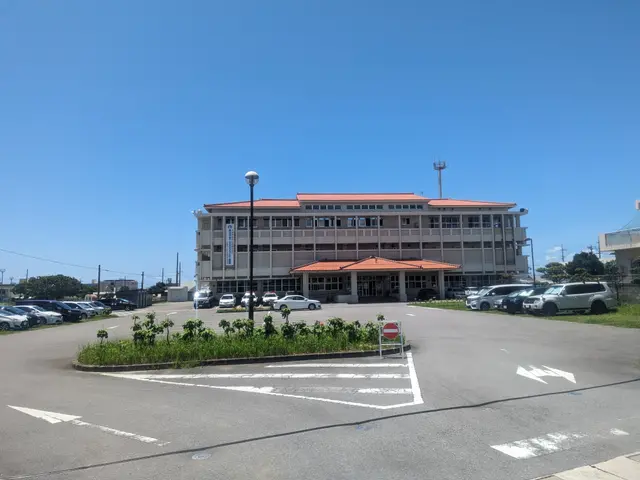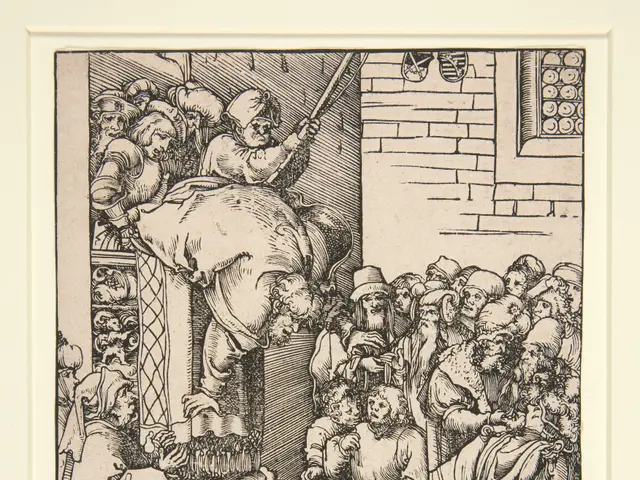Majority Believe Full Moon Affects Sleep, Science Finds No Link
A recent poll and WhatsApp survey reveal that a majority of users believe they sleep worse during a full moon. However, most scientific studies find no significant link between the full moon and poor sleep.
A poll on a website shows that 71.0% of users believe their sleep is affected by the full moon. Similarly, a significant majority on a WhatsApp channel report sleeping worse during full moons, either consistently or occasionally. Despite these perceptions, most scientific studies find no substantial link between full moons and poor sleep.
Scientific findings are mixed. A few studies have measured noticeable effects, such as reduced deep sleep in women and increased activity in children. However, not all studies find significant effects, and results vary. Sleep researcher Albrecht Vorster debunks the theory that the moon's gravitational pull affects sleep. Sleep expert Hans-Günter Weeß clarifies that any effects are subtle. If moonlight affects sleep, a supermoon could potentially have a stronger impact due to its increased brightness. Psychological factors like self-fulfilling prophecies and selective perception may play a more significant role in perceived sleep disruption during full moons.
While many people believe the full moon affects their sleep, scientific evidence is inconclusive. Most studies find no significant link, and any effects are subtle. Psychological factors may play a more significant role in perceived sleep disruption during full moons.
